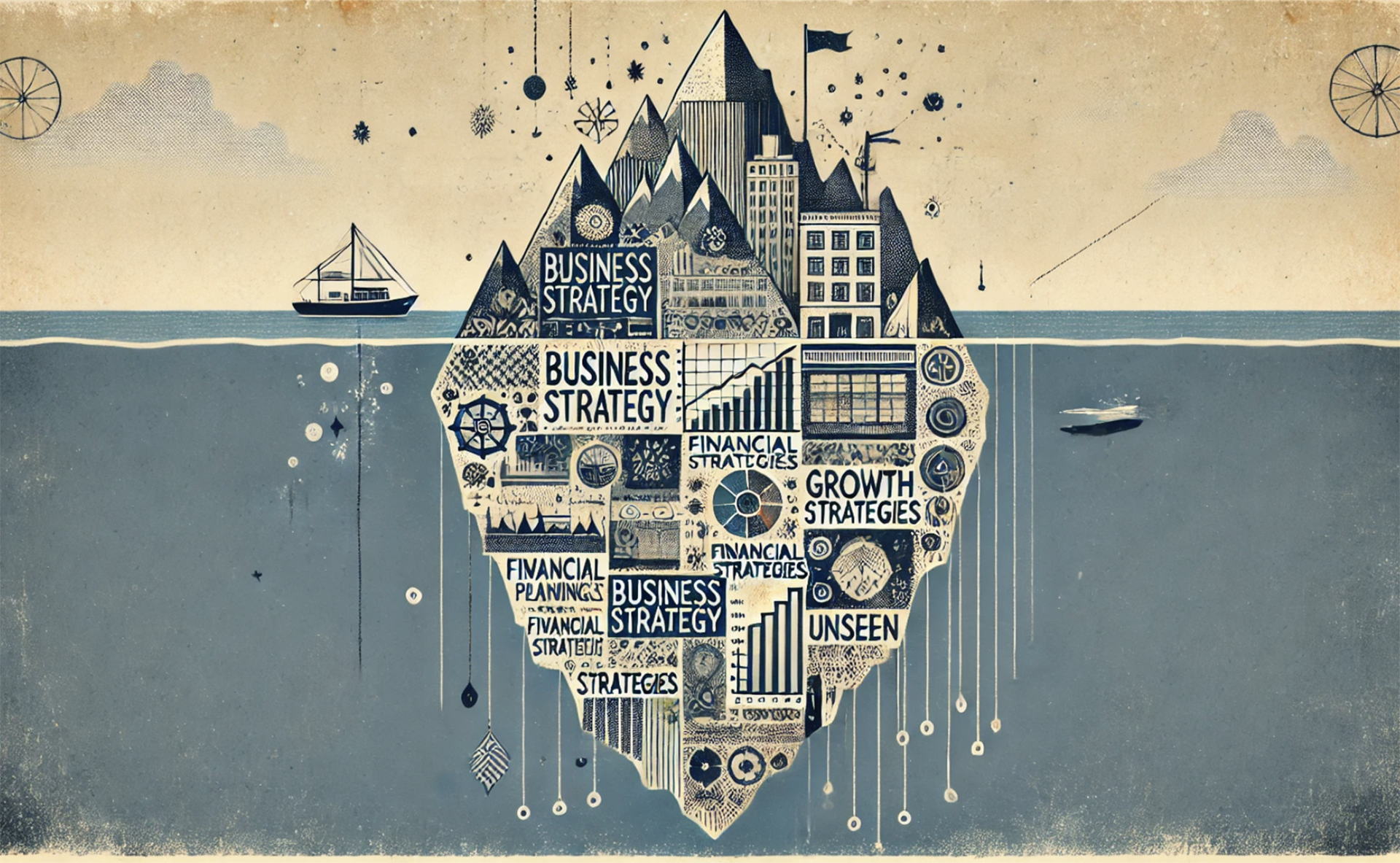All effective agency-client relationships depend on a foundation of trust, mutual respect, and proven results. A long-lasting business relationship can represent a continual income stream for your agency, often making them more valuable than new client acquisitions.
With this in mind, finding ways to connect with your clients on a deeper level and meet them on their terms is essential. Sometimes, this means adjusting a few of your business practices and software platforms to empower your efforts. Whether you’re running a successful marketing agency ready to expand its portfolio or a new agency owner trying to develop solid agency-client relationships, it’s crucial to have a clear idea of why client relations are so important and what you can do to improve them.
Why is your agency-client relationship so important?
Your relationship with your clients is the lifeblood of your business. Strong agency-client relationships can lead to business referrals, ongoing contracts, upsells, and much more. Conversely, a bad relationship with a client can generate negative word-of-mouth, impacting your ability to attract new clients and expand your agency’s reach.
Honoring your business relationships can increase client retention rates, encourage word-of-mouth connections, improve your reputation, and lead to higher revenue and profitability.
15 best practices to build a strong relationship with clients
While each agency’s client relations strategy will differ somewhat, a few best practices can better inform the overall approach to relationship building. Between taking a more holistic approach to client evaluations to following an under-promise, over-deliver model when establishing services, here are some of the most important ways to invest in client relationship management.
1. Understand your client’s business needs.
From individual services to overarching business goals, you should have a solid working knowledge of your client. When learning about a new client or re-evaluating existing partnerships, dig deeper than general business discussions. Find out what’s coming down the pipeline, ask questions about workflows, and discuss KPIs, metrics, and other performance data.
2. Evaluate whether the client is a good fit for your agency.
Even if you’re investing heavily in new client acquisition, it’s important to remember that client relationships are a two-way street. While you may be a good fit for a prospective client's needs, you should also take the time to determine whether the client is a good fit for yours. For example, if you specialize in a specific industry, a client in a different vertical may be outside your expertise.
Read also:
How To Fire A Toxic Client (With Minimum Consequences For Your Agency)
3. Set the right expectations at the beginning of your working relationship.
Expectation management is a significant component of any client relationship. Setting practical expectations can ensure client satisfaction and improve your long-term prospects. Using tools like Elorus can help you gain access to real-time data that can establish expectations and track performance.
4. Create a straightforward implementation process your client will trust.
Preparing for a rollout, product launch, or campaign should be straightforward from the client’s perspective. You should clearly understand what you’re doing, what you hope to accomplish, and how you'll do it. It helps to introduce clients to your processes early. If you can build a reliable implementation method, it can enhance your client relationships.
5. Leverage technology to streamline your processes.
Smart technology investments can represent great leaps forward for client relations, mainly when you use tools like CRM systems and project management software to streamline processes and improve communications between you and your clients. In addition, platforms like Elorus simplify business software, providing actionable, insightful data about your projects that you can use in everyday decisions.
6. Under promise, over deliver.
Many agencies make the mistake of overselling their capacity, resources, or outcomes, which can lead to highly disappointed clients. One of the most significant components of client relationship management is an under-promise, over-deliver mindset. By managing early expectations and finding ways to exceed them, you’re more likely to impress clients and secure long-term partnerships.
7. Implement proactive problem-solving strategies.
One of your most significant responsibilities in the agency-client relationship is to act as a problem solver. However, there’s a substantial difference between reactive and proactive problem-solving.
Reactive problem-solving can indicate uncertainty and show that an agency doesn’t have the firmest grasp of industry conditions. Proactive problem-solving gives clients more significant safeguards and allows agencies room to adjust strategy.
8. Respect your project timelines.
Whether building websites or developing comprehensive marketing plans, one of the most significant ways to tank an agency-client relationship is to not deliver on time. While some clients may respect the occasional delay, especially for a good reason, others will consider canceling service altogether. Develop reasonable, achievable timelines and do your best to stick to them.
By constantly using time-tracking software within your agency, you will know the average time your team needs to complete specific tasks so that you can share accurate time estimates with your clients.
9. Focus on adaptability and flexibility when responding to client needs.
Sometimes, partway through a new campaign, a client will ask to shake things up. Or, perhaps, they’ll connect with a new partner and want to change the scope of work you provide them. When you’re building up your client relations, remain positive and proactive when it comes to their needs. Clients are much more likely to trust you with their brand if you can adapt to shifting circumstances or adjust strategies to meet their needs.
10. Offer personalized experiences based on client needs.
While possible, it’s rare that a client’s exact needs perfectly match your service descriptions. As such, you should avoid taking a one-size-fits-all approach to assess client needs. Their unique requests and business goals may require project-specific tailoring.
By taking the time to understand what your client envisions for their business, you can more capably provide quality services. As a result, individualized service can have a massive impact on client relations.
11. Evaluate performance and back it up with data.
When setting goals with your clients, determine how you will check performance early. Should you schedule weekly check-ins? Stick to quarterly reports? Something in-between? The answer will differ from agency to agency; however, it’s helpful to establish consistent performance reviews. If you have adopted a data-driven culture within your agency, you can use available data to see what is and isn’t working during evaluations.
12. Communicate regularly and thoroughly.
Clients have different communication needs, but every agency-client relationship depends on reliability to succeed. Work with clients to determine their preferred communication styles, channels, and times. For example, some clients may want to chat with you weekly on the phone. Others might wish for less frequent check-ins but more robust reporting.
13. Invest in your client’s education.
In client relations, an educated client is a confident client. While it’s one thing to show your client results and hit metrics, it’s another to ensure the client understands why they’re essential. For instance, a client who doesn’t know much about SEO won’t necessarily understand why specific tasks require more time to be implemented or why they don’t see immediate results. Educate your clients about your work and provide industry expertise when possible. A client that sees you as a thought leader is more likely to invest in a long-term partnership.
14. Hone in on transparency in pricing and billing.
Whether bringing on a new client or increasing fees to adjust for market conditions, you must be clear about your pricing structure and billing practices. Customers don’t want to feel misled or surprised by hidden fees and added expenses that you haven’t thoroughly discussed. Transparent financial practices are foundational to long-term client relationship building.
By invoicing and billing clients using online software like Elorus, you can track and present the tasks you have worked on to your customers and how much time your team has spent on each task in detail. That way, you can avoid misunderstandings and foster trust between your agency and its clients.
15. Seek client feedback to improve services continually.
The best way to determine what’s working in your client relations strategy is to go straight to the source. Ask clients for feedback, not only about your products and services, but about your communications, reporting, and responsiveness. Your clients' responses can give you immense insight into areas of opportunity for your agency.
Platforms like Elorus make it easier to develop impactful agency-client relationships.
When working on your agency-client relationship, the more informed you are, the better. You're more likely to build client trust and industry authority if you go into every meeting, check-in, or touchpoint prepared and armed with actionable data.
Between time-tracking, project monitoring, and invoicing solutions, Elorus offers a feature-rich business suite that can empower your client relations and give you insight into your brand's performance. Sign up for free to learn more about Elorus and explore our comprehensive platform.






